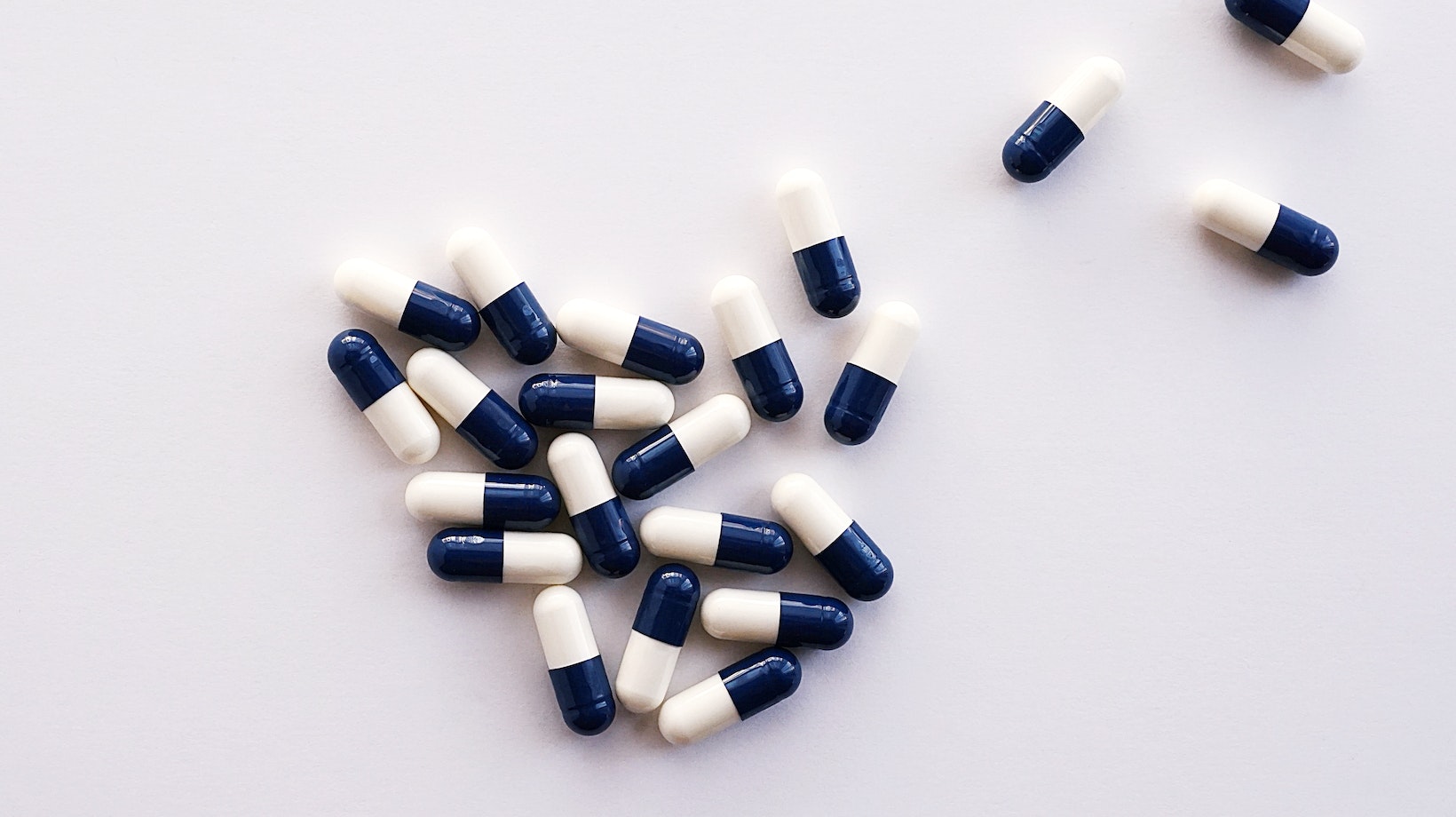
Wondering if it’s safe to take Pepto and Gas-X together? Let me shed some light on this common concern. Both Pepto-Bismol (which contains bismuth subsalicylate) and Gas-X (simethicone) are over-the-counter medications commonly used to relieve digestive issues. While they work in different ways, they can be taken together under certain circumstances.
Pepto-Bismol helps to relieve symptoms like heartburn, indigestion, upset stomach, and diarrhea by coating the lining of the gastrointestinal tract. On the other hand, Gas-X is designed specifically for reducing gas and bloating by breaking up gas bubbles in the digestive system.
The good news is that there are no known interactions between Pepto-Bismol and Gas-X. This means that taking them together should not cause any harmful effects or decrease their effectiveness individually. However, it’s always wise to consult with your healthcare provider or pharmacist before combining any medications, especially if you have any underlying medical conditions or are taking other prescription drugs.
Remember, everyone’s body reacts differently, so what works for one person may not work for another. If you experience persistent or severe symptoms despite using these over-the-counter remedies, it’s best to seek professional medical advice rather than relying solely on self-medication.
Can You Take Pepto And Gas X
This is a common question among those seeking relief from digestive issues. While both Pepto and Gas-X are over-the-counter medications used to alleviate gastrointestinal discomfort, they work in different ways and target distinct symptoms. Understanding the difference between these two products can help determine whether it’s safe and effective to take them together.
Pepto-Bismol, commonly known as Pepto, contains an active ingredient called bismuth subsalicylate. It works by coating the lining of your stomach and reducing inflammation, which can help soothe an upset stomach, heartburn, indigestion, and diarrhea. Pepto also has antimicrobial properties that can aid in fighting off certain types of bacteria that cause gastrointestinal infections.
On the other hand, Gas-X (simethicone) is specifically designed to relieve symptoms associated with excess gas in the digestive tract. It works by breaking up gas bubbles into smaller ones, making it easier for them to be passed out of the body through belching or flatulence.
Since Pepto targets a broader range of digestive issues compared to Gas-X’s specific focus on gas relief, combining them may provide more comprehensive relief for individuals experiencing multiple symptoms simultaneously. However, it’s always advisable to consult with a healthcare professional or pharmacist before taking any medication combinations.
While both Pepto-Bismol and Gas-X serve their own unique purposes in relieving gastrointestinal discomforts like upset stomachs or excessive gas respectively; depending on your specific needs or symptoms at any given time, it may be safe and effective to take them together. However, consulting with a healthcare professional or pharmacist is crucial to ensure compatibility with your individual health profile.

Alternatives to Taking Pepto and Gas-X Simultaneously
Wondering if you can take both Pepto and Gas-X at the same time? While it’s always important to consult with a healthcare professional for personalized advice, there are alternatives that you can consider. Here are a few options to explore:
- Choose one over the other: If you’re experiencing symptoms of indigestion or heartburn, Pepto-Bismol may be a suitable choice. On the other hand, if your main concern is gas and bloating, Gas-X could be more effective. Assess your symptoms and prioritize the product that targets your specific discomfort.
- Natural remedies: For those who prefer natural alternatives, there are various remedies that may help alleviate digestive issues. Ginger tea or chamomile tea can provide soothing relief for an upset stomach. Additionally, peppermint oil capsules or herbal supplements like fennel seeds may aid in reducing gas and bloating.
- Dietary adjustments: Sometimes making simple changes to your diet can have a significant impact on digestive health. Avoiding trigger foods such as spicy or fatty meals, carbonated beverages, and excessive caffeine intake might help reduce symptoms of indigestion and gas.
- Stress management techniques: Stress can often exacerbate digestive problems. Incorporating stress-reducing activities into your daily routine could promote better digestion overall. Consider practices such as meditation, yoga, deep breathing exercises, or even engaging in hobbies that bring you joy.
- Probiotics: Adding probiotics to your regimen may support healthy gut flora balance and improve digestion in some cases. Probiotic-rich foods like yogurt, sauerkraut, kefir, or taking probiotic supplements may offer relief from occasional digestive issues.
Remember to discuss these alternatives with a healthcare professional before making any major changes to your routine. They will be able to provide personalized guidance based on your individual needs.
Always keep in mind that what works for one person may not work for another. It’s important to listen to your body, be mindful of any potential allergies or interactions with other medications, and seek professional advice when needed.










